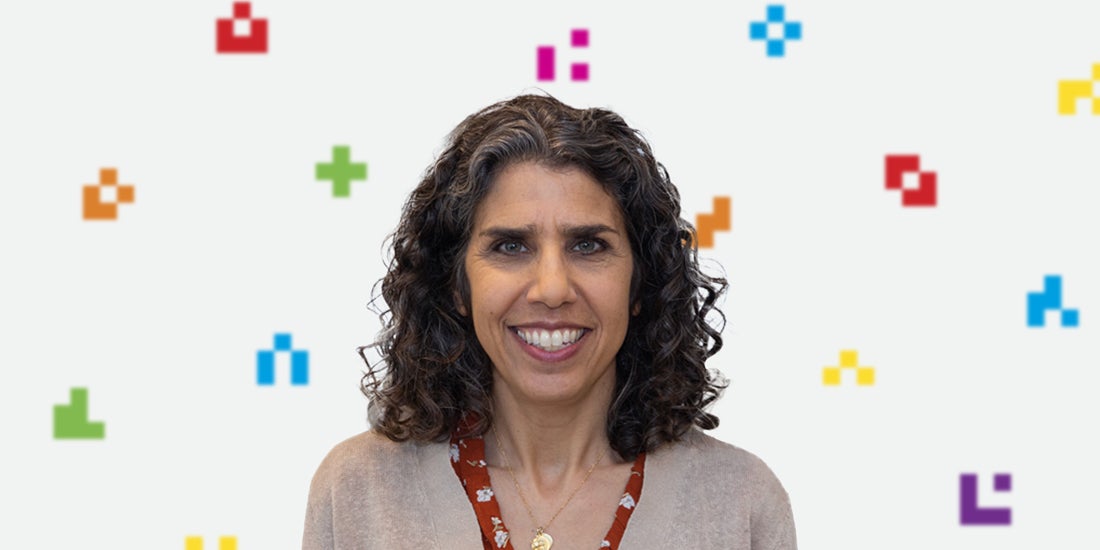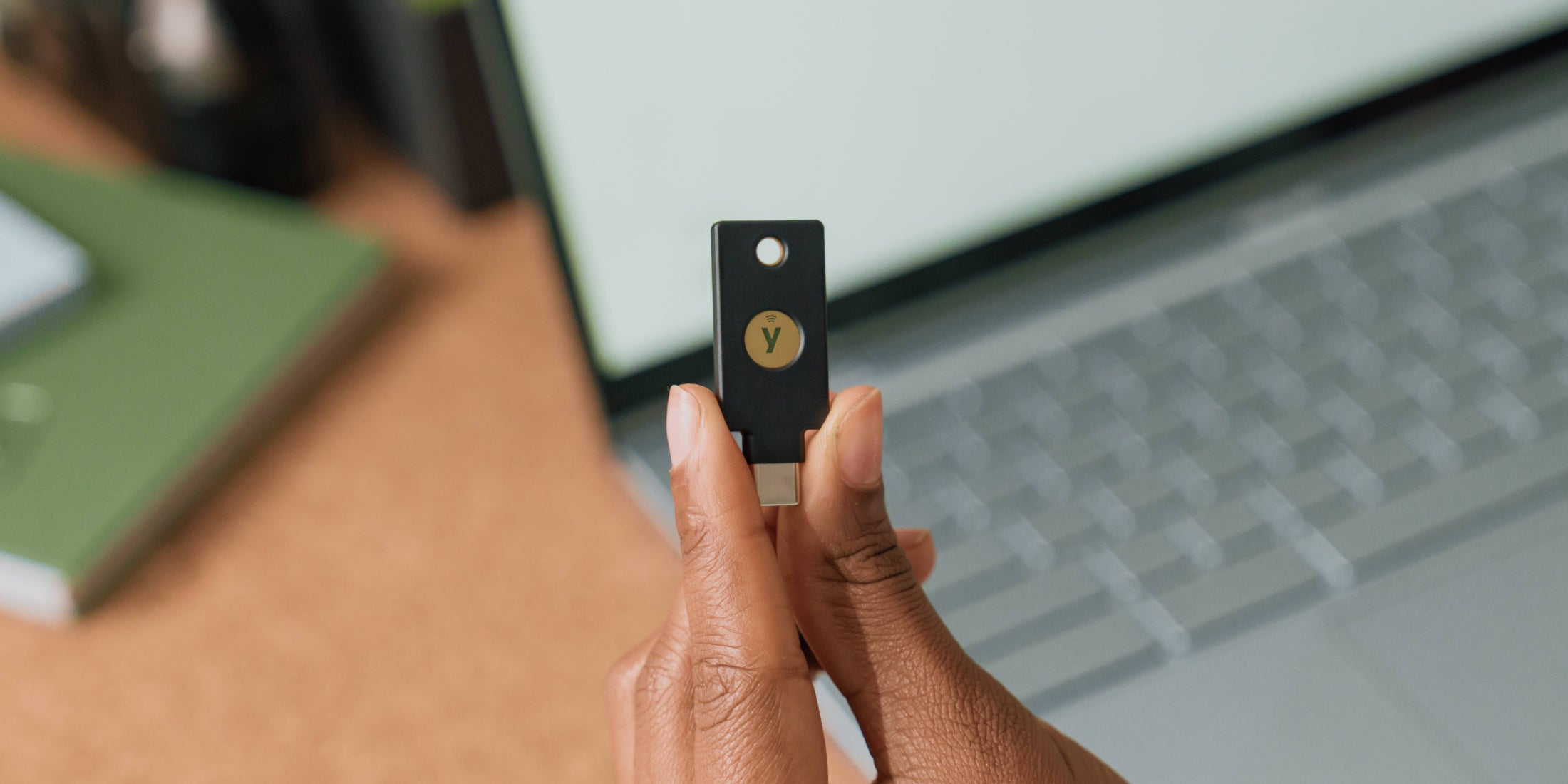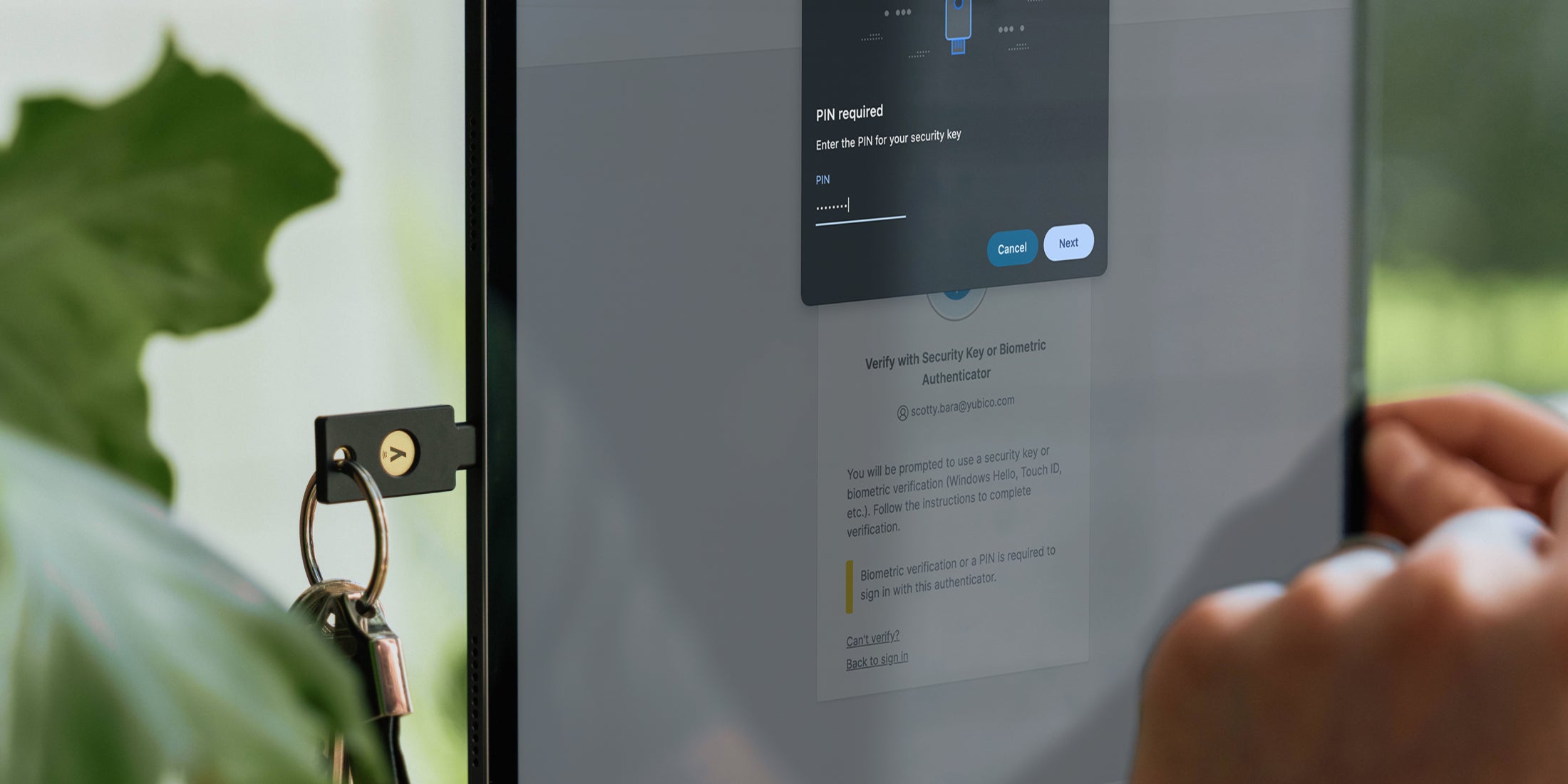Protecting a vulnerable population comes with a tremendous responsibility to ensure all of the proper security measures are taken. Scratch Foundation, an organization that creates a free, safe and playful educational environment for kids to learn coding, recently became a recipient of our Secure It Forward program where they received YubiKeys at no cost to help secure their internal teams. Founded in 2007 at the MIT Media Lab, Scratch (the main organization that runs under the Scratch Foundation), has created opportunities for children in over 200 countries and just hit a major milestone: 100 million accounts created and 100 million projects shared.
We recently sat down with Scratch Foundation’s Co-Executive Director Mindee Barham to learn more about the organization and how they’re working to celebrate inclusivity and security in the world of coding.
Q1: Can you share a little bit about how Scratch was started and your mission?
Scratch was launched in 2007 at the MIT Media Lab by our brilliant founder and sitting board member, Mitch Resnick. In 2019, the Scratch Foundation became a fully independent nonprofit. Our mission is to provide young people with digital tools and opportunities to imagine, create, share, and learn.
We developed Scratch as a free, safe, playful learning environment that engages children in thinking creatively, reasoning systematically, and working collaboratively — essential skills for everyone in today’s society. From our inception, we’ve had a particular interest in bringing creative learning through coding tools and opportunities to historically underrepresented communities. Last year, we hit two big milestones: 100 million accounts created and 100 million projects shared. I’m proud that as our community has grown tremendously, our commitment to this mission has never wavered.
Q2: How have you fostered an inclusive community for kids of all backgrounds to feel encouraged to get into creative coding?
We’ve always been driven to make Scratch a welcoming community for everyone, especially those from underrepresented communities. Community is at the heart of what makes Scratch special. Being able to share your passions and interests, and vitally, your identity with your peers is a critical component of creative learning.
At Scratch, we approach fostering an inclusive community through many different avenues: our Scratch Education Collaborative initiative allows us to support more than 100 grassroots creative coding nonprofits worldwide in bringing tools and resources to their own communities; we provide equitable access to Scratch on and offline to support communities with limited internet access; and in our community, we create and uplift spaces and events that encourage Scratchers to celebrate their identity and interests, connect with one another, and find new friends and collaborators.
This work is a lifelong commitment to reaching and supporting kids around the world who wouldn’t otherwise have the opportunity to explore creative coding.
Q3: How does Scratch support the LGBTQ+ community, immigrants and those with disabilities?
Everything that happens in the global Scratch community is grounded in our Community Guidelines: core tenets that everyone agrees to when they join Scratch. These Guidelines open with our core values: “Scratch is a friendly and welcoming community for everyone, where people create, share and learn together. We welcome people of all ages, races, ethnicities, religions, abilities, sexual orientations and gender identities.” Above all else, we encourage Scratchers to foster a kind and collaborative community, and to take opportunities to celebrate their own unique identities.
One of the things we’re proudest of is the ways in which young people in our community create and maintain identity-based spaces that become invaluable sources of support and community. For example, we have several thriving Scratcher-led communities for the LGBTQ+ community where Scratchers share projects, swap stories, and support each other. We have seen youth leadership flourish in these spaces, and it is such a great example of how Scratch isn’t just a coding platform, but also a means of community building for kids with shared experiences and interests around the world.
We also know that supporting communities isn’t limited to creating safe spaces for young people, but also ensuring that they can use our tools and resources. We’re passionate about localization–Scratch is currently translated into more than 75 languages, and counting–and we’re continuing to innovate in accessibility, including exciting upcoming work to make Scratch more accessible to young people with low vision.
Q4: What measures do you have put in place to protect your community users?
Safety is and always has been a top priority for Scratch. We support and protect our Scratchers through a combination of an incredible team of moderators and a vast system of content filters to ensure that content on Scratch is safe and welcoming for everyone. Because of our community’s strong grounding in the Community Guidelines, we’ve also seen Scratchers take opportunities to educate each other on a wide variety of topics, from advice about keeping safe online to commenting constructively.
While our ultimate goal is always to maintain that safe and positive community, we’re thrilled when Scratchers begin to develop those digital citizenship skills and take an active role in shaping the community they’re a part of. It’s important for us to promote digital citizenship, so children from a young age are prepared to interact with an increasingly digital world and become makers that spark positivity and kindness for others.
Q5: You’ve provided coding opportunities for millions of kids around the world. What is your hope for the future of creative coding and Scratch?
Technology is advancing at a rapid pace, and our hope is that this generation of young people is able to harness these advancements to support their own creativity and lift their voices. Through free programs like Scratch, they begin to understand that they can be creators, not just consumers, of new technologies, and that empowerment can lead to incredible things in their future.
At a time when so much new technology focuses on replacing original creativity and imagination, we are more determined than ever to continue being a leader in online learning communities that are safe, accessible, and foster critical thinking. I also hope to see continued diversification in the STEM fields – it’s vitally important that technology is developed with a diversity of voices and perspectives.
At Scratch, we’re excited to deepen our accessibility and localization work, connect more deeply with schools and communities worldwide, and continue to innovate our tools and platforms. Our team is on the ground in classrooms from Bangalore, India to Harlem, New York hearing directly from our communities about the challenges they’re facing, and developing solutions. I am so excited to see how the future of Scratch takes shape, as an even more inclusive and welcoming space for everyone. When the opportunities to develop these vital skills are granted equitably to all children, we can begin to create the future we all dream of.
––––––
If you’re an organization that protects journalists, human rights organizations and activist groups, bi-partisan networks that fight to preserve democratic integrity or organizations working to further diversity in tech and security, we’d love to hear from you. You can apply to our Secure it Forward program here to be considered for a YubiKey donation.





